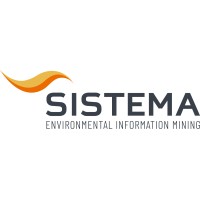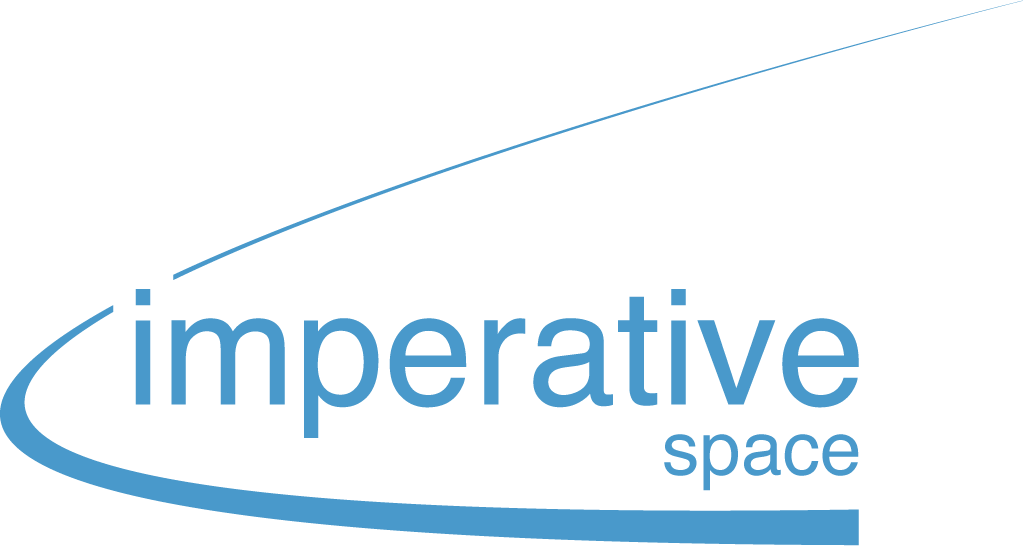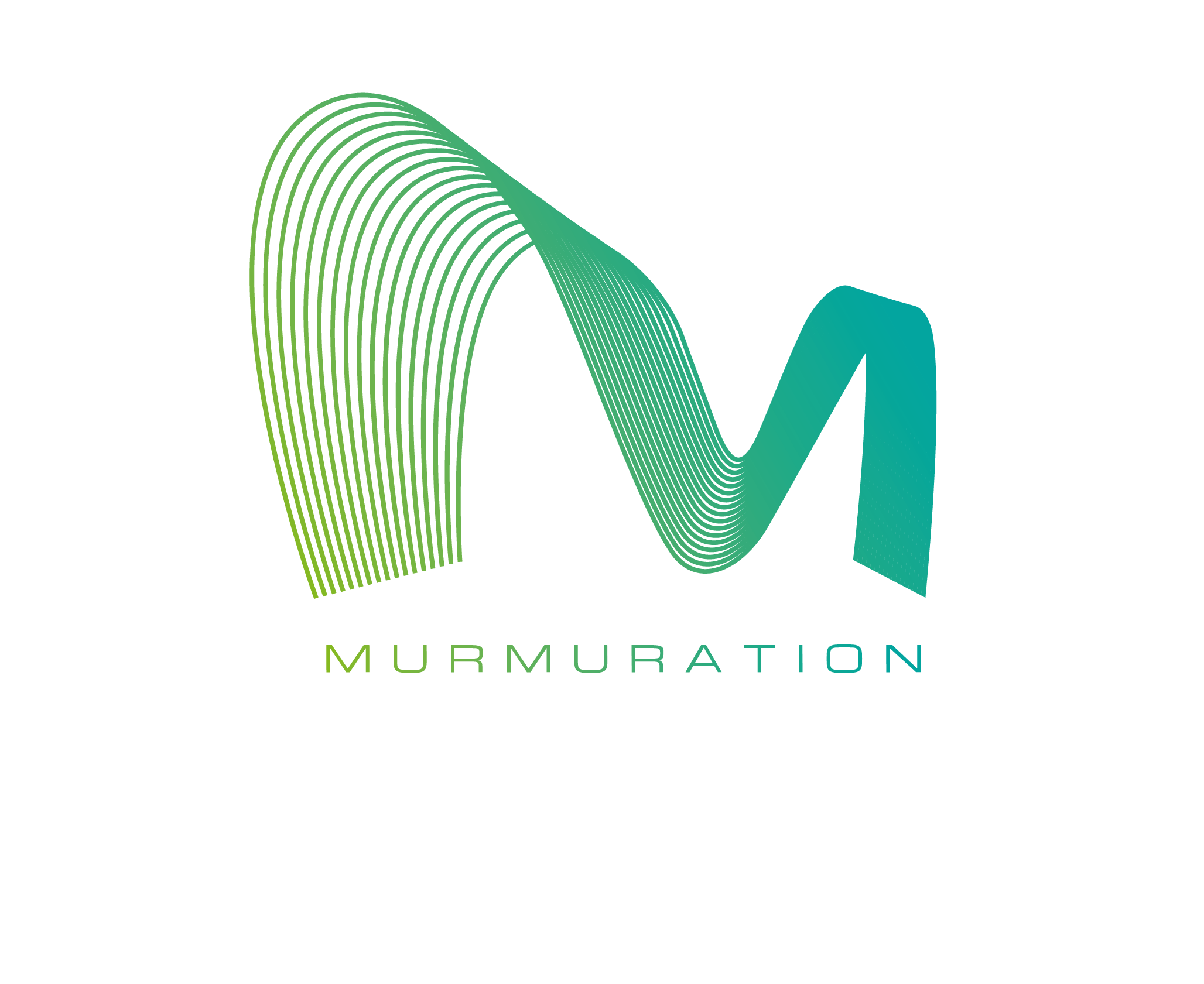UrbanSquare
Supporting decision makers in assessing climate related challenges and their impact on urban areas.
In a nutshell
- Heatwaves, urban heat islands, and flooding are only some of the climate related challenges faced by urban areas and their population.
- To support climate resilience in urban areas, the UrbanSquare Use Case aims to develop a dedicated tool to assess the urban climate risks.
- Thanks to both a monitoring and a prospective view on the tool, decision makers will have a better understanding of the impact of heat waves, storms, air pollution, flooding, coastal erosion, disruption of infrastructure and resources needs in urban areas.
Technical Overview
Challenge
Urban areas are increasingly vulnerable to a myriad of climate risks, from scorching heatwaves and the intensifying urban heat island effect to devastating flooding and coastal erosion. These challenges, exacerbated by escalating resource demands and population density, necessitate a strategic, comprehensive approach to urban planning and community resilience. The UrbanSquare Use Case confronts these multifaceted threats by aiming to understand and mitigate the impacts of heat waves, storms, air pollution, flooding, and infrastructure disruptions. The endeavour is not just to navigate these immediate hazards but to build a climate-resilient urban future, integrating sustainable infrastructure and informed community engagement.
DestinE Solution
UrbanSquare introduces a multifaceted tool to comprehensively assess urban climate risks. Organised along seven components and an integrated Urban Replica system demonstrator, this innovative solution covers the entire spectrum of urban climate threats, including urban heat, flooding, storm surges, sea-level rise, air pollution, infrastructure deterioration, and resource demands. Built upon a foundation of extensive environmental knowledge and leveraging the Copernicus datasets, the tool is not only rooted in robust scientific quantification but is also designed for flexibility and scalability. It provides updates on a quarterly basis while maintaining the capacity for much higher frequency updates, merging near-real-time simulation with long-term strategic planning. The tool’s prognostic view extends to the year 2100 for climate projections, whereas it covers a span of one year for forecasting flooding events (calculated from the date the simulation is run). This approach facilitates a near-real-time analysis of various parameters, effectively merging short-term simulation capabilities with long-term strategic planning. This approach highlights the synergy between immediate risk assessment and forward-looking climate resilience planning.
Impact
The UrbanSquare use case aspires to establish an operational framework that empowers stakeholders to assess and act upon urban climate risks through an array of ‘what-if’ scenarios. This dual monitoring and prospective view is crucial for stakeholders to understand current conditions and to strategize future actions effectively. Users across various sectors will benefit from insights into urban heat islands, flood forecasts, storm surges, air quality, and more, enabling them to make informed decisions about urban planning, infrastructure, and resource management.
The comprehensive nature of UrbanSquare means that its impact extends beyond immediate risk mitigation. It serves as a guide for sustainable urban development, aligning with high-level EU adaptation strategies and global climate directives. By providing a tool that integrates a wide array of datasets, including Sentinel products, Copernicus services, and DestinE Digital Twins, UrbanSquare not only leverages European space program expertise but also brings this knowledge to a broad range of local stakeholders. The anticipated outcome is a more resilient, informed, and sustainable urban future, where the challenges of climate change are met with innovative, data-driven solutions and a proactive approach to urban planning and policy.
Contributions
Providers




Interested in contributing?
Destination Earth is based on a co-design approach, which enables an agile design process and facilitates the identification of user requirements. Therefore, DestinE invites user communities to contribute to the continuous development and improvement of DestinE capabilities through GitHub.
GitHub is a cloud-based repository for software development and version control. It allows developers to collaborate on software projects, as well as to store and manage their code.